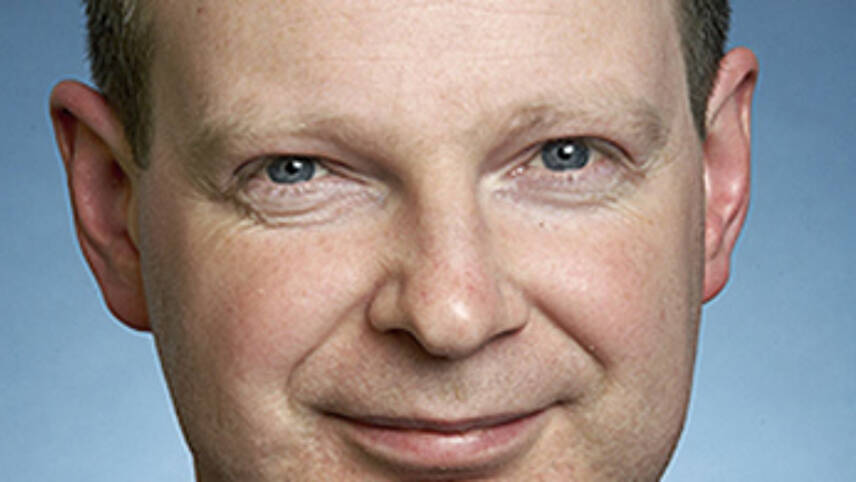Member only content free until 26/05/2024
To continue reading this article and enjoying free access to all Utility Week’s content up to the 26/05/2024 Register today!
Ready to become a member?

“Should the energy utilities see smart thermostats, smart meters and smart appliances as a threat or an opportunity?”
September brings the latest round of announcements by the consumer technology companies, which are now looking to develop smart homes. Should the energy utilities see smart thermostats, smart meters and smart appliances as a threat or an opportunity?
The conditions for disruption in the retail energy sector are obvious. Energy retail price structures are poorly aligned with costs and there is little information on or control over home energy use. In the next few years, information about usage will come via mandatory smart meters, while many homes now have Wifi networks and smartphones to co-ordinate appliances. Savings from heating or lighting rooms only when occupied or running appliances only when they provide a useful function could be considerable. But who will capture the value?
Pricing structures and business models seem to favour the consumer tech firms. Energy utility revenues are collected mainly through unit prices, with the standing charge accounting for less than a fifth of the bill. If smart thermostats and appliances cut energy usage by 20 per cent, the consumer might cut 15 per cent from their bills, perhaps saving £200 a year. A £400 spend on smart tech could be paid back in two years. This could be a disaster for the utilities since most industry costs are fixed – they would lose 15 per cent in revenues but a fraction of this in costs.
However, smartphone companies are unlikely to become energy retailers, given the regulatory hurdles, procurement challenges and risks of being exposed to volatile power and gas prices. The incumbent retailers have control over tariff structures, smart meter rollout and more capability of monetising consumer appliance load shifting as a form of peak capacity or balancing against intermittent renewable generation.
The more important these factors become, the bigger share of the value-added can go to the utilities and a partnership model might become more likely. Even then, branding and marketing remain a challenge for utilities – queues outside energy retail stores for product launches may be some time coming.
Martin Brough, utilities equity analyst, Deutsche Bank



Please login or Register to leave a comment.